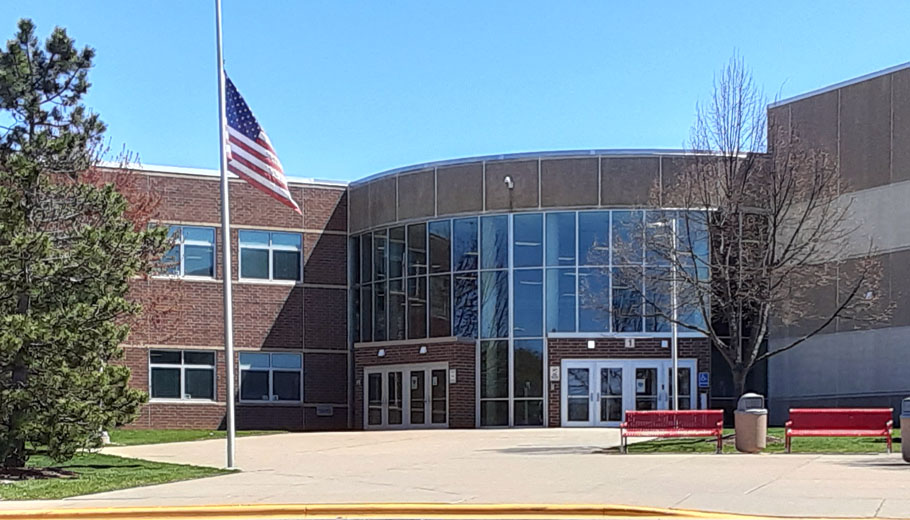
WASB committee rejects New London resolution
By Robert Cloud
Members of the New London School Board on Dec. 11 discussed proposed resolutions that the Wisconsin School Board Association will consider when it holds its annual convention.
John Heideman will represent New London at the WSBA convention set for Jan. 17-19, 2024, in Milwaukee.
“This is an opportunity for us as a board to give John advice on … whether these resolutions are good or not,” according to Chris Martinson, board president.
“Our director team did give a potential position, but that’s just an opinion,” District Administrator Scott Bleck said, noting that several of the proposed resolutions were a matter of changes to the wording to make the language more inclusive.
One proposed resolution that received significant attention at the school board meeting supported changes in the state’s student-teacher programs and the Wisconsin Improvement Program (WIP) for interns. A second resolution focused on “cooperating teachers,” who mentor student teachers.
According to the resolution student teachers, which was submitted by the Neenah School Board, “there are variations within the program regarding amounts paid by districts to interns that range from a stipend to a full salary for student teaching internships through WIP.”
Students are also required to pay a $200 fee to participate in WIP, as well as a $50 state license fee.
The resolution’s goal is to help relieve the teacher shortage problem affecting school districts across the state.
“According to the Wisconsin Police Forum, there are fewer education graduates than teaching positions in our state,” the resolution notes, adding that Wisconsin is experiencing high turnover rates, with most educators leaving the profession rather than moving to another district.
“My concern was that the resolution stated paying cooperating teachers but did not share who would carry the burden of that cost,” Danielle Sievert, New London’s director of teaching and learning said in an email to the paper. “Similar concerns were raised regarding the responsibility for paying interns and new to the industry hires.”
Sievert said students enrolled in a college pay the institution for tuition for that experience.
“Currently there is not a requirement to pay the cooperating teachers. The cooperating teachers are the on-site supervisors at the K-12 school. Often the college or university requires them to evaluate and participate in meetings with the student teacher,” Sievert said. “The compensation is not part of the current model in most cases, instead many get a gift card of $50 or so for the school books store, or a thank you.
“Although I want to promote ways to get qualified teachers in the classroom, I want to make sure the responsibilities, both fiscal and in human capital are placed in the right arena. Our K-12 staff who is often short handed, can not also take the responsibility to teach the post secondary students along with our own K-12,” Sievert said.
Other resolutions
Another potential resolution seeks to modernize revenue-limit calculations so that school boards receive the information earlier in the year, prior to voting on their annual budgets.
The team that reviewed the WASB’s proposed resolutions supported modernizing revenue-limit calculations, but added a caveat asking, “How would they determine the revenue limit before the start of the fiscal year without a pupil count?”
Two resolutions were forwarded by school boards.
The Sun Prairie School Board submitted a resolution that advocated universal free school meals.
The state Policy and Resolution Committee turned down this resolution because it was voted down at the last WASB convention.
The New London School Board forwarded a resolution that advocated preventing “biological males from competing in Wisconsin K-12 public schools in all-female sports.”
The committee turned down this resolution because some committee members thought it reflected a specific Assembly Bill and would negatively impact the autonomy of the Wisconsin Interscholastic Athletic Association.
“The WASB opposes legislative efforts to impose explicit or implicit mandates on the WIAA of its member schools,” according to the committee’s review.
The New London School Board did not vote on any of the proposed resolutions at its Dec. 11 meeting.
